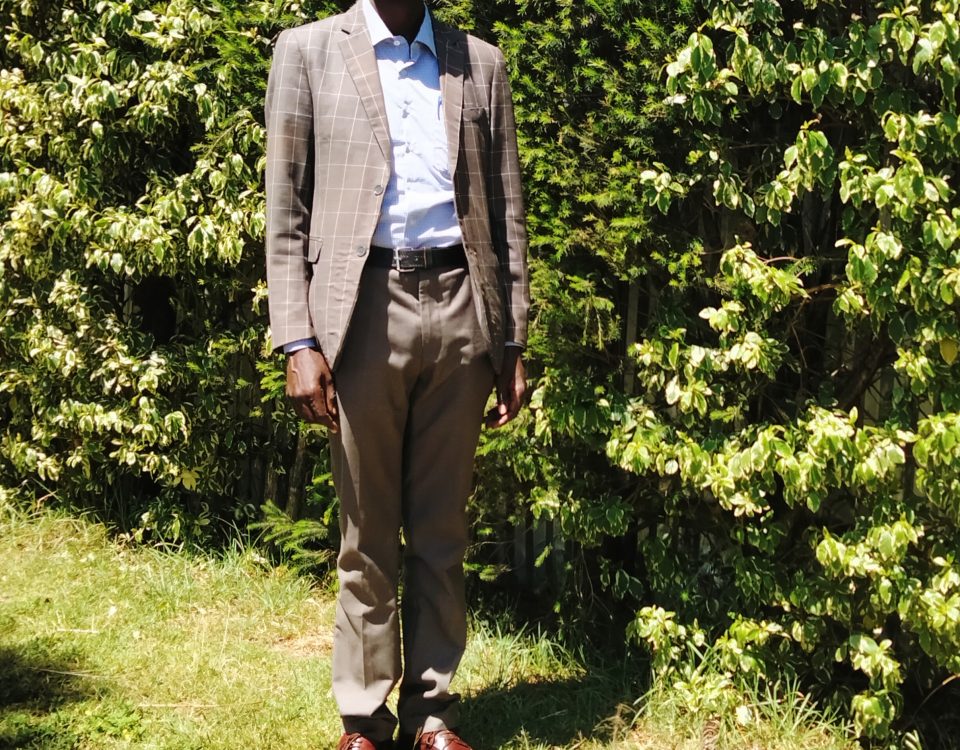The Greatest Olympian – African Record Holder’s Choices
The Greatest Olympian – Zambia’s George Lwandamina’s Choice
August 11, 2021Zambia’s Greatest Olympian
August 11, 2021The Greatest Olympian – African Record Holder’s Choices
By Satish Sekar © Satish Sekar (July 29th 2021)
Zambia’s Athletics Icon
Samuel Matete is without doubt the best athlete that Zambia has ever produced. He benefited from state-of-the-art facilities after leaving Zambia for the USA. Matete is back in Zambia. He wants to develop Zambian athletes and help to produce his successor as Zambia’s best. Matete’s Olympic time was not his best and is now the equal 188th fastest in the event, but that was inevitable as athletes get better facilities and technology improves – tracks are designed to produce faster times. Tokyo’s second Olympic Games had such a track.
Matete’s African record is now equal 18th on the list of fastest ever times – at the time it was second to the greatest 400m hurdler ever, Edwin Moses.
In the 30 years since he set the African record only eight men have run faster in the event. He broke Sénégal’s Amadou Dia Bã’s African record of 47.23, which had been set at Seoul’s Olympic Games in 1988.
The longevity of Matete’s African record shows its class and his commitment to African athletics establishes him as an Olympic icon even though his Olympic silver medal-winning time had drifted down the list of fastest ever times in the event to equal 188th.
Matete was a late starter in athletics. The son and brother of Zambian footballers he was more interested in football and basketball growing up. He used to train at Nkana’s stadium, catching the eye of the Nkana coach who tried and failed to recruit him. It was football’s loss.
There’s a new boss of his event, World Record holder, Karsten Warholm. “He is in charge for now,” Matete said.
“Edwin Moses did it. He [Warholm] is just living up to that.”
Impactful
And Dr. Moses is one of Matete’s choices for greatest Olympian. In his era, Dr. Moses was quite simply the best. He won Olympic gold in the 400m hurdles in 1976 and 1984. Moses dominated his event in the era of boycotts – the African boycott affected Montreal’s Games of 1976. He missed Moscow’s Olympiad through the USA’s led boycott of 1980 and won in 1984 in Los Angeles which suffered a retaliatory boycott.
Moses dominated despite the boycotts. He won a staggering 122 consecutive races between 1977-87 and set four world records – incredible achievements. He won the bronze medal in his final race at Seoul’s Olympic Games in 1988. Moses’ World Record (47.02) lasted almost nine years and it required the first man to beat the 47 seconds barrier (46.78), Kevin Young, to break it. Moses’ time is now the equal 11th fastest of all time. Young’s record lasted 29 years. It is now the 5th fastest time ever. Warholm is the only athlete to have beaten it twice. He has 14 of the top 100 fastest times in the event. Moses has posted 18 of the fastest times and he has another which is now the 102nd fastest in the event too. Moses’ record in the event is phenomenal.
Moses’ Impact
On the track he was fantastic, but Moses was impactful off it too.
He managed to persuade the IOC to change the eligibility rules at the Olympic Games, allowing athletes to dedicate themselves to their sport full time while receiving stipends and endorsements and government funding. Moses is a scientist too and was instrumental in establishing a credible random-testing policy to reduce the use of performance-enhancing drugs.
Joint Idols
Matete’s choice is Moses, but also the man who inspired Moses and him too, Ugandan great, the late John Akii-Bua. Uganda and Africa’s first 400m hurdling sensation transcended his sport. He put African hurdling on the map by winning the Olympic Games 400m Hurdles title in Munich (München) in 1972. Previously he was running times many refused to believe as they doubted the credibility of timing devices used. Akii-Bua proved that he was even faster than they suspected.
He won gold from Ralph Mann by 0.69 seconds. Previous Olympic champion David Hemery took bronze 0.70 seconds behind Akii-Bua. Hemery had won by almost a second four years earlier in a World and Olympic Record time. It was a dominant performance, but so was Akki-Bua’s. His performance inspired the young Matete to take up the sport that he would excel at almost 20 years later. It also inspired Moses.
Akii-Bua’s time is now the 218th fastest in the event was a World Record at the time and set from the unfancied inside lane – a truly remarkable achievement. He was the first man to break the 48 seconds barrier. His World and Olympic Records lasted four years. It was broken by Moses – the first of the four World Records Moses set in the event
He was Uganda’s first gold medallist and in an unlikely event for an African. He inspired many, but his success became a curse. His success led to him being used by Ugandan dictator Idi Amin. Eventually, he escaped Idi Amin’s clutches only to be detained in a refugee camp in Kenya. Akii-Bua was unfairly viewed by some as a collaborator but escaped as Amin’s rule was collapsing.
He was detained at a refugee camp in Kenya after his escape but was eventually freed and moved to West Germany before competing again in the 1980’s Olympic Games. He missed the chance to defend his title in Montreal. Aki Bua died aged just 47 in Kampala in 1997. He deserved better – far better. He inspired Africa’s fastest ever 400m hurdler, Matete, and the great Edwin Moses too.
“When I was in my prime Edwin Moses inspired me and John Akii-Bua,” Matete said.
“I saw something in the event that I felt I wanted to do. That was running and jumping.”


